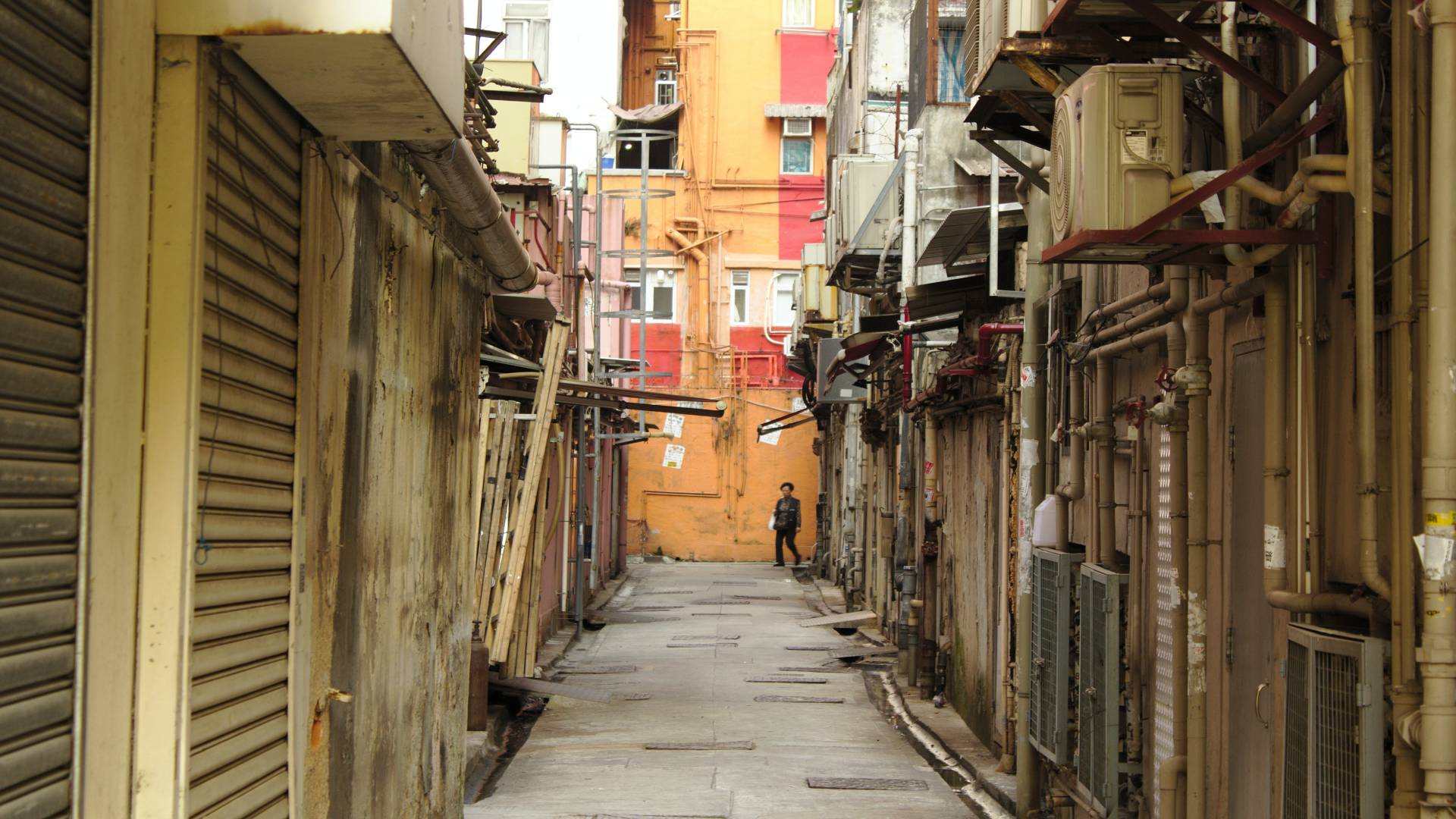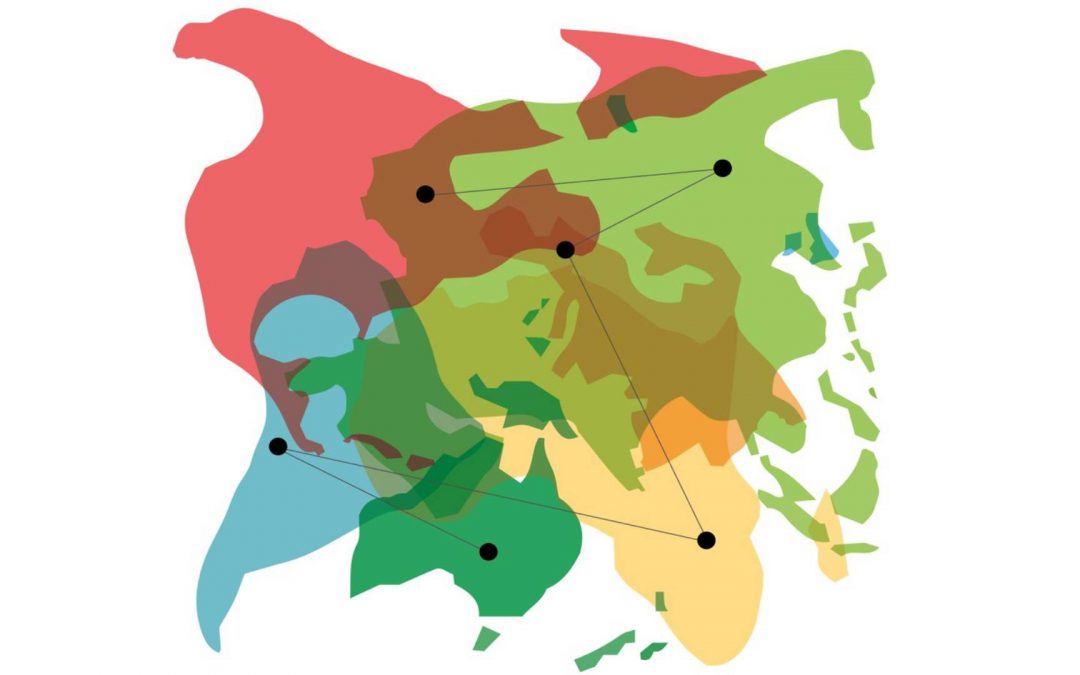GRIP publishes the 7 winners of the 2021 call for projects.

GRIP publishes the 7 winners of the 2021 call for projects.
Governing diverse cities in Europe and Asia
The project, which brings together scholars from Europe and Asia, will provide a systematic basis for collective reflexion on diversity governance issues facing European and Asian cities. It intends to generate mutual insights and lessons that can be shared with civil society and policymakers in both regions, in a global perspective. It will aim to advance knowledge on urban diversity governance from a cross-disciplinary and cross-regional perspective. Through multi-sited, original fieldworks, in conjunction with workshops held in Paris and Singapore, scholars in migration studies, urban studies, political science, sociology, geography and other relevant disciplines will discuss convergences and contrasts across Europe and Asia, identify emerging challenges and patterns of diversity governance. Civil society actors and policy-makers from both regions will also be invited to share their experience.
Principal investigator: Marie Gibert-Flutre
Research partners: CESSMA, LARCA, URMIS, CERMOM, Géographies-Cités
Amount granted: 15 000 eur
GRIP’s axis: Global Urbanities
Related materials: circulations and mediations of objects, commodities and artefacts in a globalised Lebanon
The aim of the project is to initiate a series of research projects on the material aspects of mobility to and from Lebanon. It focuses both on the circulation of things and the relationships they provoke between people and groups, and on the forms and effects of these encounters on the urban metabolism. The project brings together researchers from different institutions in Lebanon and France. The programme will seek to inscribe its activities in a cooperative framework between UP and the two Lebanese universities and it is intended to extend to other countries in the region (Morocco, Jordan, West Bank) where similar research can be undertaken, in order to constitute a research network on the material dimensions of migrations in the Mediterranean in relation to globalisation
Principal investigators: Nicolas Puig et Lama Kabbanji
Research partners: URMIS, CEPED
Amount granted: 15 000 eur
GRIP’s axis: Global Urbanities and Circulations
The construction of post-colonial states by expertises in developpement
The project aims to connect archives concerning development expertise from several African countries and international organisations, and to connect researchers from the North and the South around an online digital platform that will allow this material to be exploited jointly. It will contribute to illustrate the role of expertise in the construction of post-colonial African states by focusing on the circulation of knowledge between different scales, from local territories to the headquarters of international organisations.
Over a period of two years, it will bring together an interdisciplinary group of six researchers (demography, political science, economics, sociology) around three activities: the identification, digitisation and posting of archives on a dedicated digital platform; the organisation of a monthly online seminar aimed at bringing together researchers from several continents to examine the epistemological, ethical and methodological conditions of cross-fertilisation of archives from several sites; and the restitution of the work in the form of a collective publication and the submission of a more ambitious project, extended to other geographical areas. The themes addressed will be demographers and statisticians in French-speaking Africa, employment policies in Senegal, trade policies in Tunisia and development consultants in Madagascar.
Principal investigator : Boris Samuel
Partners institutions: CESSMA , CEPED, CAK , Clersé, Institut Supérieur des Sciences de la Population (ISSP) de l’Université Joseph Ki Zerbo, Ouagadougou, Burkina Faso.
Amount granted : 15 000 eur
GRIP’s axis : Circulations
Defining technoproducts in the global world
The project aims to contribute to the work of defining the notion of technoproduct based on a series of empirical investigations, carried out by the participants. The central objective is the definition of the notion of technoproduct, and it will rely on empirical work based on various objects: waste, agricultural goods, insurance services, medicines, digital technologies. The surveys will allow to proceed by induction, taking into account the important variations of characteristics from one object to another, but also by following the inscription of these objects in multiple national contexts: the fields are indeed anchored in many countries including Egypt, Morocco, Mexico, Senegal, India, Benin, Kenya.
Principal investigators: Mina Kleiche et Soraya Boudia
Partenrs institutions: CEPED, CERMES 3, CAK, CEMS, LPED
Amount granted: 15 000 eur
GRIP’s axis: Technologies, markets and vulnerabilities
The global second hand vehicle market: North-South flows, technological obsolescence and increasing environmental and health vulnerabilities in Africa
The project aims to understand and explain, through a multidisciplinary approach combining geography, sociology of public action and political science :
- The way in which the issue of technical, sanitary and environmental improvement of the second-hand vehicle market has been approached by African public authorities.
- The negotiations between actors (public, private, international, national, municipal, formal, informal) to which these new regulatory constraints have given rise.
- The disruptions and changes they have caused in the organisation of global and local markets, the orientation of flows and the positions of the actors in these sectors in Africa (importers, customs services, technical control and certification agencies, resellers, final consumers)
Principal investigator: Jessica Pourraz and Bérénice Bon
Partner institutions: CESSMA, CEPED, ARENES, CAPHRI -Université de Maastrich
Amount granted: 15 000 eur
GRIP’s axis: Technologies, markets and vulnerabilities
Public health consulting: a market in times of pandemic?
The project is a continuation of the HoSPiCOVID research project co-financed by the ANR in France and the IRSC in Canada. Its objective is to establish a state of the art of the role of private consultants (“management consulting”) in the fight against epidemics on a global scale, as well as the theories and methods used by researchers, in order to explore and understand this research object in the context of the fight against the COVID-19 pandemic in three countries (Brazil, Canada, France).
The project builds on the excellent knowledge of epidemics and the context of the Covid-19 pandemic developed by the multidisciplinary and international research teams working for a year in Brazil, Canada, China, France, Japan and Mali. It will deepen the rich collaborations between research teams from the North and the South taking part in the project by focusing in particular on the structuring of political choices in the face of the pandemic at a time when the privatisation of the health sector is widely criticised. Finally, this project will contribute to GRIP’s work on globalisation and the commodification of contemporary capitalism by proposing a reflection on the way in which strategies for fighting epidemics have become lucrative markets and what the consequences are for national public health and global health.
Principal investigator: Valery Ridde
Partner institutions : CEPED, CERMES 3, Fondation Oswaldo Cruz (Recife, Brasil), École de Santé Publique de l’Université de Montréal et CRESP.
Amount allocated: 15 000 eur
GRIP’s axis: Technologies, markets and vulnerabilities
Ubiquity, circulation and cross-mobility
This project aims to make circulation as much the object of study as the scientific practice through the organisation of itinerant study days. Based on the existing seminar since 2019: “Contemporary Research in Anthropology: Circulations in Question(s)”, which involves a physical displacement from Paris to Port-au-Prince (Haiti) and Antananarivo (Madagascar), the project aims to anchor itself in the three spaces, simultaneously through technology and alternately through real annual meetings. The idea is to de-realise the seminar by “dilating” it in order to experiment with the implementation of a new practice of knowledge sharing.
Principal investigators: Julien Mallet et Maud Laëthier
Partner institutions : CESSMA , URMIS
Amount allocated : 15 000 eur
GRIP’s axis: Transversal
À lire aussi

28th November 2024, presentation of the book: Pescando guindas en la siesta
Hebe Vessuri, a member of GRIP's Scientific Council, presents her latest book the 28th November 2024: Pescando guindas en al siesta, editorial SB. © Reserved rights Hebe Vessuri, presents her latest book the 28th November 2024:...

27th November, international symposium SEOSA
The international symposium Societal engagement of organizations and sustainability in Africa: catalysts for resilience in theface of multiple crises? SEOSA will take place the 27th November 2024 in Tunis. © Reserved rights The...

26th and 27th November -24 hours of the same world
24 hours of the same world: what has changed with globalization over the past 25 years? Tuesday November 26 to Wednesday November 27, 2024. The event will end up with a musical intervention and a cocktail ! © Dix-milliards-humains...

CAHIER GRIP : SEMANTIC MAPPING
GRIP has just published its second cahier of SEMANTIC MAPPING. This booklet is the result of work begun in 2021. We're proud to share it with you! © Reserved rights GRIP has just published its second cahier of SEMANTIC MAPPING. This...
